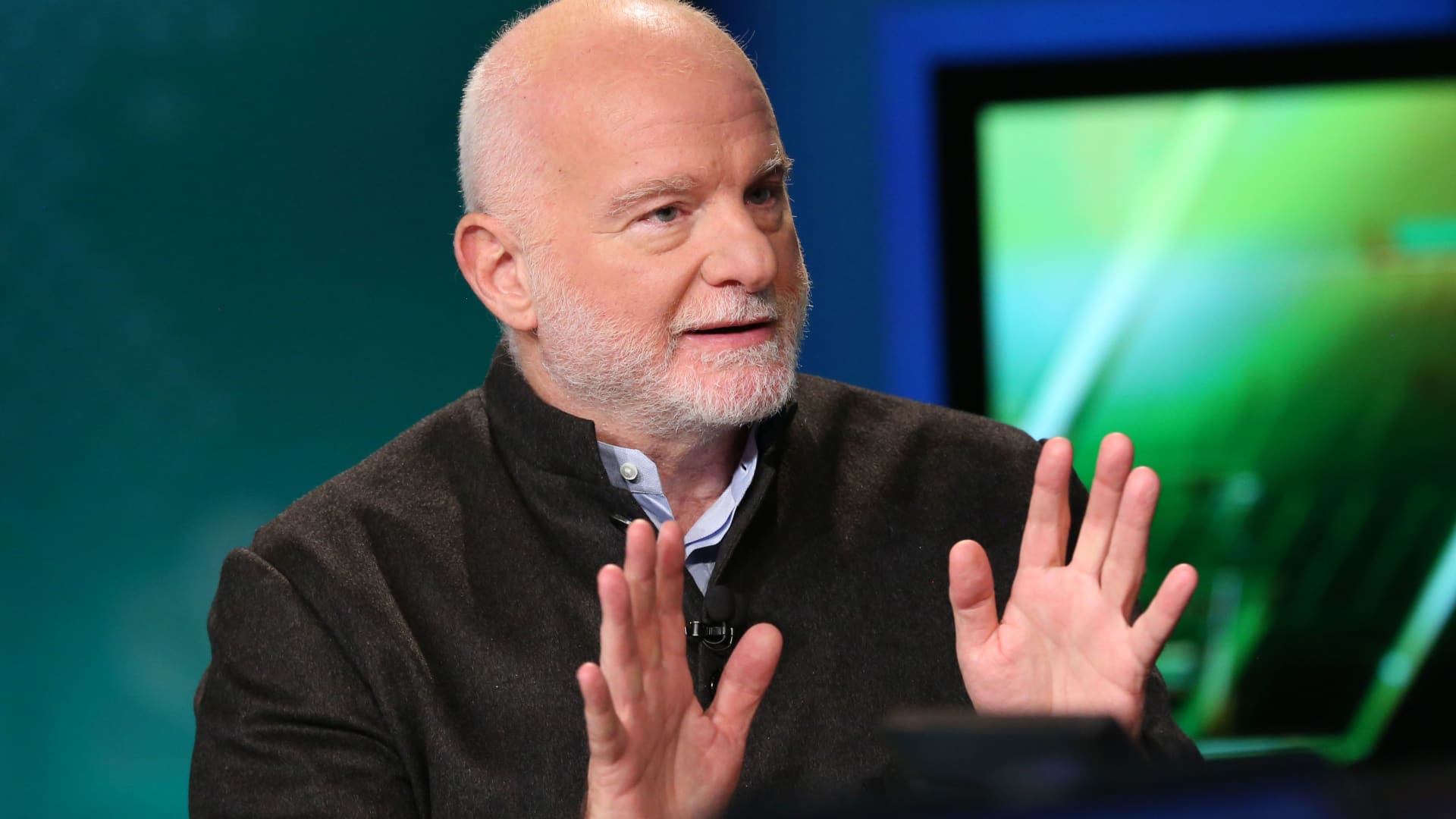Volkswagen Group Africa Launches Multifunctional Facility In Africa With Electric Tractors

Sign up for daily news updates from CleanTechnica on email. Or follow us on Google News!
In a lot of remote or rural areas across many regions on the African continent, the lack of access to mechanised resources such has tractors has been hindering agricultural productivity. Where there is access to traditional tractors, logistical issues of getting diesel to those places tend to add a premium to the cost of doing business. Technological advances in the solar PV and lithium battery sectors, along with the associated cost reductions of the past decade, are now making it easier to deploy distributed mini grids in remote areas. A good example is the recently completed 200kWp/915kWh mini grid in Hakwata Village, Chipinge District, Zimbabwe.

As it becomes more feasible to deploy these types of mini grids around the continent, it will also become much easier to introduce electric vehicles in those regions. The solar could be used to charge electric two-wheelers and three-wheelers as well as larger vehicles. EVs and PV are a match made in heaven, and the synergies between them not only unlocks the ability to introduce electric vehicles in places where getting fossil fuels is a challenge, but also help to enable more productive use of the energy in the mini-grid ecosystem.
This is why I was very excited to see Volkswagen Group Africa launch a new multifunctional facility in Gashora, Rwanda, about 60km from the capital, Kigali. Volkswagen Group Africa has announced the start of operations of its multifunctional facility in Gashora to pilot modern farming with electric tractors in Africa. The GenFarm Project is a holistic ecosystem of e-powered, mechanised farming service for rural areas in Africa that is reliable, sustainable, and environmentally friendly. It also provides mobility services for transportation of goods and people. In June 2023, Volkswagen Group Africa signed a Memorandum of Understanding (MoU) with the government of Rwanda to provide land for the establishment of the GenFarm Project.

“We are growing our footprint in Africa and regard Rwanda as a key growth market. This project demonstrates our commitment to sustainable practices and highlights our ability to provide mobility solutions to the rural community in addition to the urban community currently serviced by our Volkswagen Mobility Solutions Rwanda business. The GenFarm Project fosters technological innovation and aligns with Volkswagen Group’s strategy to generate meaningful value for both society and the environment through sustainable mobility,” said Martina Biene, Volkswagen Group Africa Chairperson and Managing Director.
The GenFarm Project is piloted in Rwanda in partnership with Volkswagen Mobility Solutions Rwanda and Volkswagen Group Innovation Centre Europe. The Empowerment Hub (e-Hub), currently a pre-Hub built around specifically equipped standard containers while in the initial phase, will be a key component of the GenFarm. Preparation for the construction of the actual e-Hub is underway and is expected to be operational by the first half of 2025. Equipped with a photovoltaic solar power system and energy storage system, the e-Hub will supply clean energy, storage space, and business space to the cooperatives. This includes space for their service operations, e-tractor services, and e-scooter services. Volkswagen Group Africa facilitates the stakeholder steering committee and reviews post-pilot expansion possibilities.
Volkswagen Group Innovation Centre Europe supplies the e-tractors and provides equipment for the project from Wolfsburg in Germany while Volkswagen Mobile Solutions Rwanda is the catalyst in operating the pilot hub and provides input and support to the operations.
The Managing Director of Volkswagen Group Innovation, Dr. Nikolai Ardey, described how the GenFarm operates. “We want to offer various services in the empowerment hubs. Farmers can book an e-tractor including a trained driver for affordable sustainable farming. The unique selling point of the project is the use of the battery swap system. In this way, the battery becomes part of the hub’s energy infrastructure as well as energy storage for the tractor,” said Ardey.
The GenFarm Project is supported jointly by the Rwanda Institute for Conservation Agriculture (RICA) and the Deutsche Gesellschaft für Internationale Zusammenarbeit (GIZ) GmbH. RICA is an entity which combines research, education, and extension services to train Rwanda’s next generation of farmers and agriculturists. On behalf of the German government, GIZ, among others, is acquiring the necessary machinery for the e-tractors and assessing necessary services the hub is planned to provide for local farmers.
Over the last 30 years, Rwanda’s economy has developed significantly. The agricultural sector has remained pivotal in improving livelihoods of Rwandans and sustaining the country’s economy. The agricultural sector currently accounts for 25% of the national gross domestic product (GDP). The pilot phase of the project will benefit cooperatives in Gashora, which is in the Bugesera district.
This is a model I would really like to see scaled up and rolled out across the continent. Using the Hakwata minigrid in Zimbabwe, for example, a tractor with a battery pack of 40kWh can be easily integrated into the 200kWp/915kWh ecosystem, coupled with share usage programs that benefit the entire community.
Chip in a few dollars a month to help support independent cleantech coverage that helps to accelerate the cleantech revolution!
Have a tip for CleanTechnica? Want to advertise? Want to suggest a guest for our CleanTech Talk podcast? Contact us here.
Sign up for our daily newsletter for 15 new cleantech stories a day. Or sign up for our weekly one if daily is too frequent.
CleanTechnica uses affiliate links. See our policy here.
CleanTechnica’s Comment Policy
This post has been syndicated from a third-party source. View the original article here.




